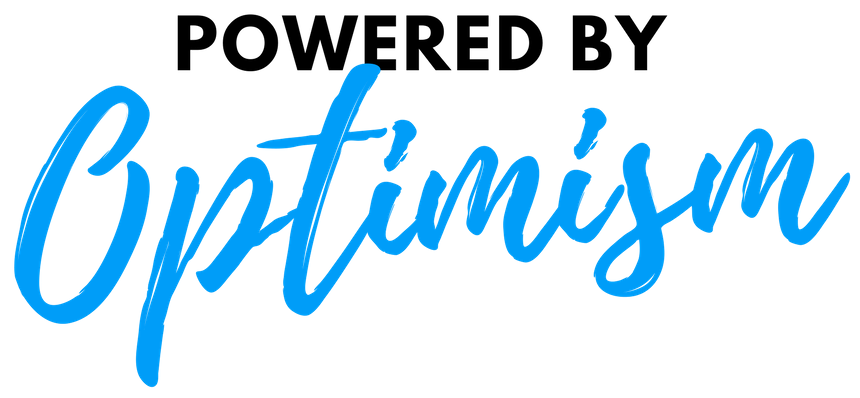by Judy Gates
"The Humanitarian Leader in Each of Us" or "To Repair the World"
Which book should you read? The answer is …
BOTH!
I reviewed two books for this month:
The Humanitarian Leader in Each of Us: 7 Choices That Shape a Socially Responsible Life by Frank LaFasto and Carl Larson Published by Sage Publications, Inc. 2012
AND
To Repair the World: Paul Farmer Speaks to the Next Generation By Paul Farmer and edited by Jonathan Weigel Published by University of California Press 2013
At first, I thought that one book would be better than the other or that one would be a “lite” version and one a serious version. I was wrong.
Both books are outstanding and highly readable. They are filled with fascinating stories about people making a difference in their worlds. You will be inspired and want to follow in their footsteps. Or maybe you are already walking in the path and will pick up new ideas. Either way, read both. Now, here’s how they’re different.
The Humanitarian Leader in Each of Us
The first book, The Humanitarian Leader in Each of Us, could also be called “Everything you wanted to know about how to become a humanitarian but didn’t know what to ask.”
The best description of the contents comes from the book itself: “Intended for college students and all those who aspire to a different kind of life—one that is, at the same time, socially responsible and personally fulfilling.
Chapters 1 through 7 describe our discovery of an inner path of choices that led the people in this book to become humanitarian leaders. Chapters 8 and 9 look at humanitarian leadership through a wider lens, focusing on the impact of 31 people on urgent social problems, and the relationship between helping and personal happiness. Questions for discussion and individual reflection appear at the end of the first nine chapters. Chapter 10, the final chapter of the book, offers practical guidance and resources that can help you get started in a helping effort.”
Note the reference to 31 people.
That’s 31 different stories about people from different backgrounds, different ages (as young as 7!), and different experiences that led them into lives of helping others in so many diverse ways.
The only phrase I’d delete from the book excerpt above is “for college students.” It’s never too late to get involved or to expand your involvement in a more humanitarian life.
Several features of the book make it particularly valuable.
- As mentioned above, at the end of each chapter there are a few questions to ask yourself to help you connect with the content. You could also use these questions in a group setting.
- In Chapter 10 is a list of organizations associated with the interviewees plus their websites.
- There’s also an Appendix about the interview process, extensive Notes, a great section of Reference sources from the book and a comprehensive Index.
So, in sum, I’d agree with one of the Amazon reviewers of the book: “If there was ever a body of work published that could begin a movement in the world to ensure as best we can that humans have the basic and essential needs to survive, this is it!”
To Repair the World
Now, for the second book, "Paul Farmer’s To Repair the World."
I have known about Paul Farmer and his work for many years. After all, he’s from Boston too. I see on Amazon that he’s written or jointly authored some dozen books since 2000, including 3 in 2013. He’s a remarkable man. For many reasons. He’s an advocate for global health care equity and social justice and he’s highly respected around the world. He’s a co-founder of Partners in Health with a mission of bringing the benefits of modern medical science to those most in need of them and to serve as an antidote to despair.
In a foreword by President Clinton, Farmer’s strengths are described as “his commitment to justice, his determination to fight on behalf of the poor, his tenacity in following up with patients and families, his dogged focus on making good policies and seeing them through to implementation, and his immense reservoir of optimism.”
This book is a collection of short speeches, mostly at Commencements. Don’t worry. You won’t find them boring. They are passionate, filled with stories, deeply inspiring, and, yes, often funny.
In his Commencement address to Northwestern University in 2012, Farmer presented a message he believed of great importance: “With rare exceptions, all of your most important achievements on this planet will come from working with others—or, in a word, partnership.”
So, read this book to learn more about the power of partnerships. We hope Advance Humanity will introduce you to all kinds of potential partners to work with or to inspire you to follow your own passion.

